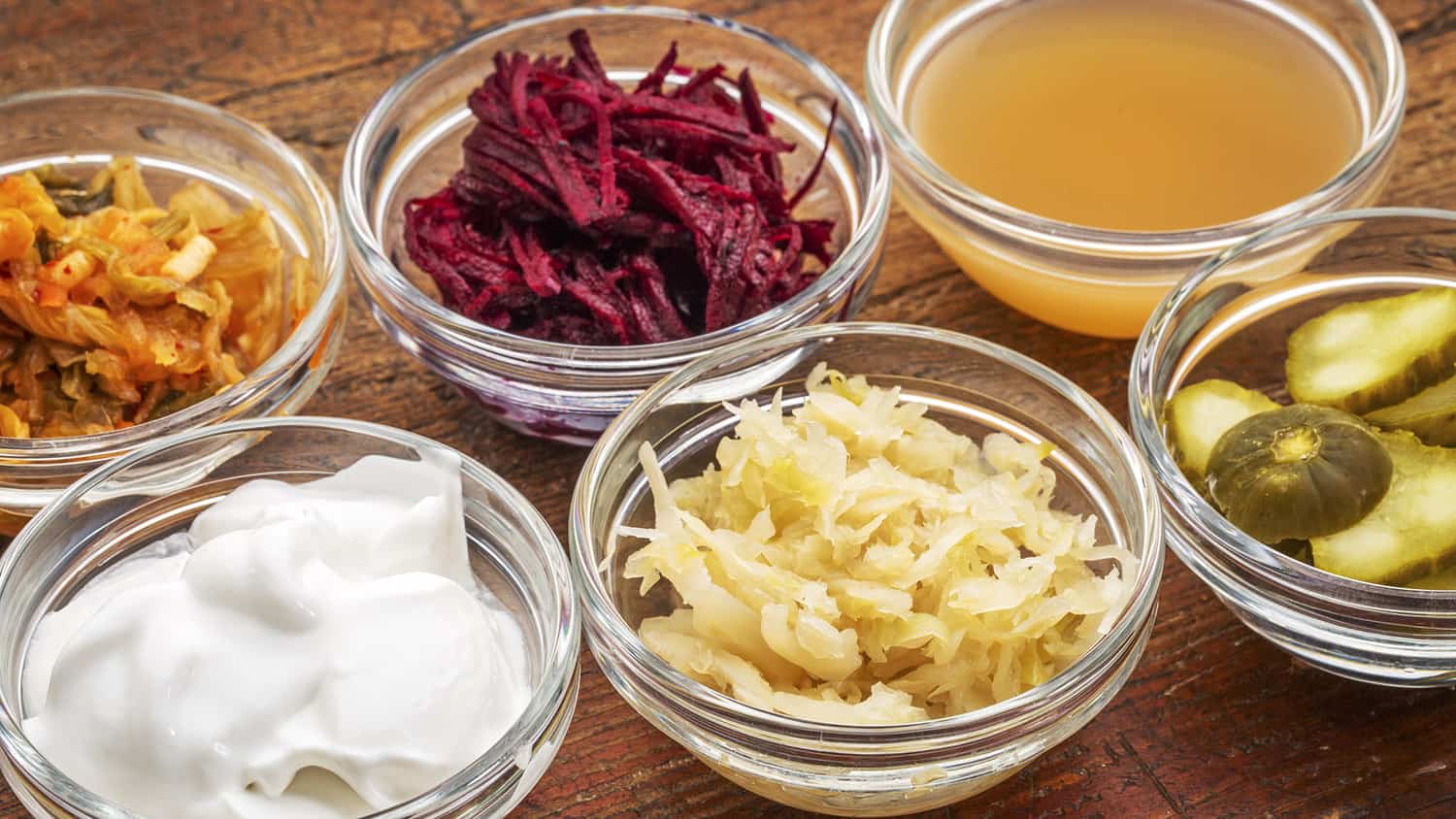
How the 5 Senses Can Help Loved Ones Living with Dementia
Our memories mean so much to us. They provide us with a sense of self and stand as a reminder of the journey we have taken in this life. And the memories we share with the people closest to us become an intricate piece of our identity.
As these memories are so deeply entwined with our sense of self, it is difficult to imagine there could ever come a time that we won’t have them. And understandably, this is a reason why so many of us work to enhance our memory through healthy living choices.
The loss of memory caused by dementia or Alzheimer’s is arguably the most upsetting part of the disease process. And for family and close friends, our loved one’s memory loss may have a profoundly personal effect on our relationships. But it shouldn’t stand in the way of spending time and creating new memories together.
Communication Is Key to Helping Someone Who Is Living with Dementia
When a loved one is diagnosed with dementia or Alzheimer’s, it is possible they will, at times, not recognize us for who we are. They may reference us as their mother or father and may not even remember that they are married or if they have children. Although painful, this does not mean that their lives with us have become unimportant, nor does it mean we won’t have more special moments with them now.
How do we respond to our loved ones in these moments? It may feel natural to correct them or to ask “Don’t you remember?” but these types of responses have the potential to embarrass them. Our loved ones do not realize they’ve forgotten something so important, and to be made aware they have can cause a mixture of hurt and confusion.
In their post on memory loss and confusion, The Alzheimer’s Association gives several tips on how to respond and suggests gentle ways we can evoke the memories of our loved ones. Even if they think we are strangers and even if they don’t remember it later, our time spent with them will still mean the world to them at that moment.
Stirring up Memories through our Senses
Sight
Vision 2020’s the Right to Sight Fact Sheet is a wonderful resource when trying to understand vision problems associated with dementia and Alzheimer’s. Sometimes our loved one may not recognize who we are because they are having a difficult time seeing our face. If our loved one begins to lose their vision, finding activities that rely on their other senses is a great way to ignite their memories.
Touch
Tactile stimulation is brain stimulation because it is our brain that feels and recognizes the various textures, temperatures and shapes. Creating a sensory board of our loved one’s interests or favorite past times is an excellent way to stimulate their memory.
For instance, if your father was a carpenter, incorporating sand paper (which comes in a broad variety of grits), a wood block or maybe even a tool enhances the likelihood he will benefit and interact with the board.
Other suggestions for tactile stimulation include small carpet and fabric samples; pinecones, acorns, and other things found outdoors; peach pits, gourds, avocado, orange, kiwi, and other textured food items; and pieces of ceramic and stone tile (just make sure there are no sharp edges).
Sound
The documentary Alive Inside demonstrates how music can be used as a tool to prompt memory, engage, and create meaningful experiences for people living with Dementia.
Music and memory are a magical duo, and music has a place in almost every situation while working with a person living with dementia. A fun and useful way to enhance the time we spend with our loved one is to listen to music together. Old favorites and popular sing-along songs are a great starting place when using music to reminisce.
Smell
Does the smell of baking remind you of your grandmother’s house? Or the smell of the ocean remind you of past family vacations? These types of memories are an episodic memory and have a powerful way of reminding us of the past.
Enticing their sense of smell is a great way to bring back those happy memories for our loved ones.
Even beyond memory, aromatherapy can also be used to create a tranquil and calming space or as a way to stimulate their appetites. For relaxation, try lavender, sweet orange or jasmine. And for appetite stimulants try baked apples, citrus and spices.
Living for the Moments, not the Memories
Aging is a natural part of life, and whether we remember them or not, we will continue to have meaningful moments. Our inability to remember does not mean that it has to redefine who we are, nor does it diminish the importance of the many moments that we have collected over the years.
The best gift we can give to our loved one is to create moments that make them feel loved and protected. In a space that is comfortable and familiar, we can decrease their anxiety and make the time spent together meaningful.
Do you know someone who is helping a relative who is living with dementia? How do you stir up memories with your loved ones? Have you found a certain song, scent or photograph that will bring out stories from the past? Have you used any of these suggestions? Please share in the comments.






